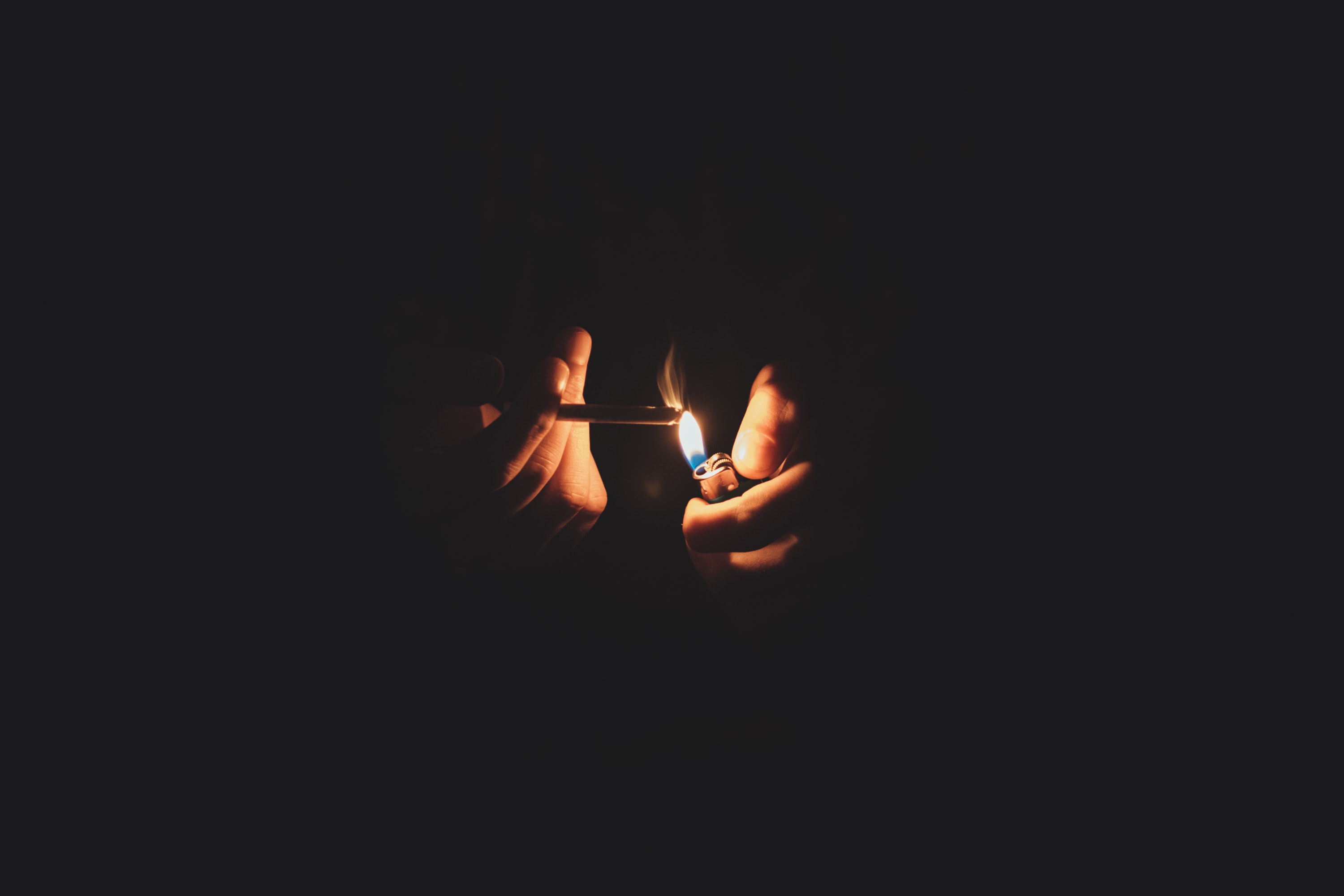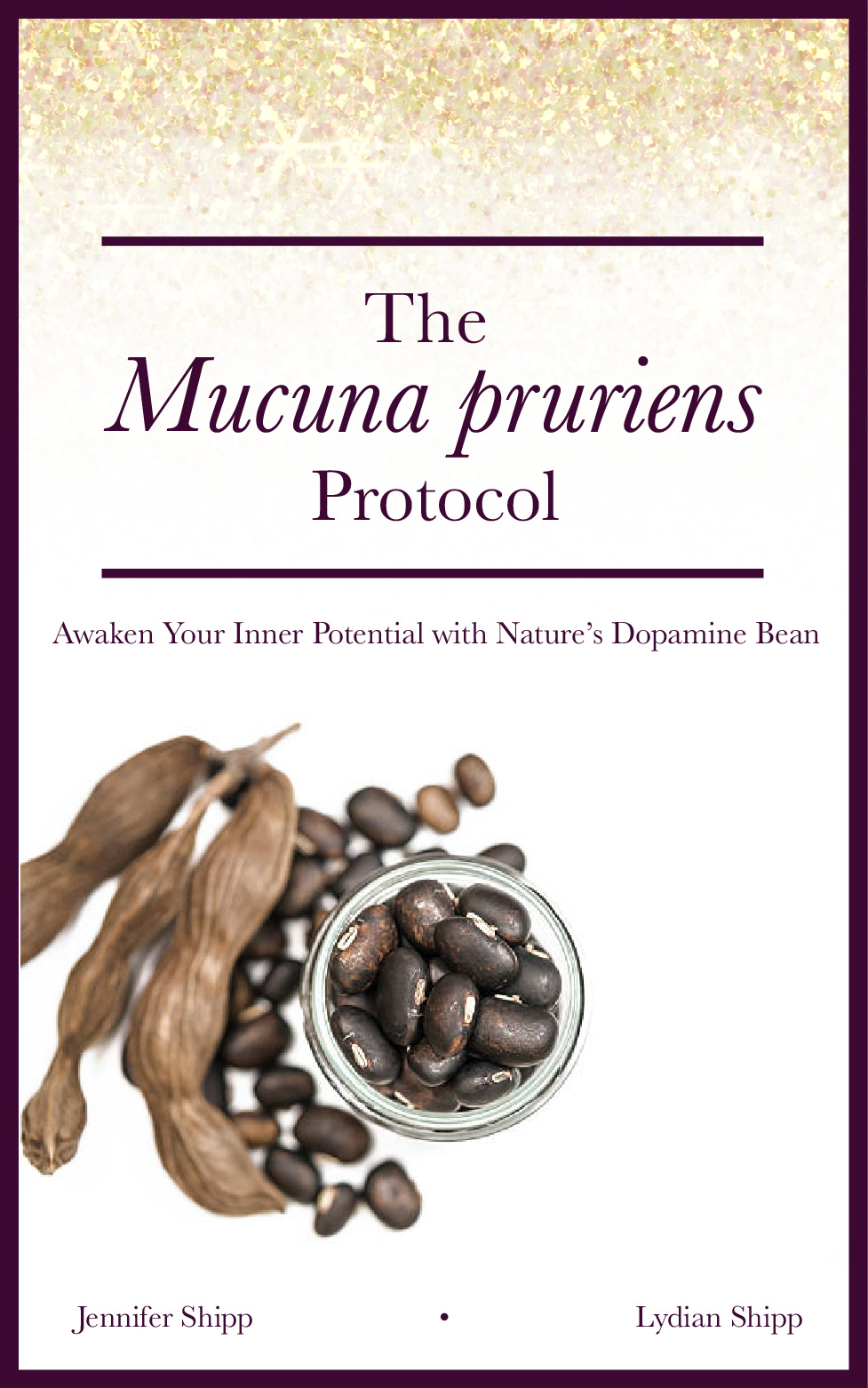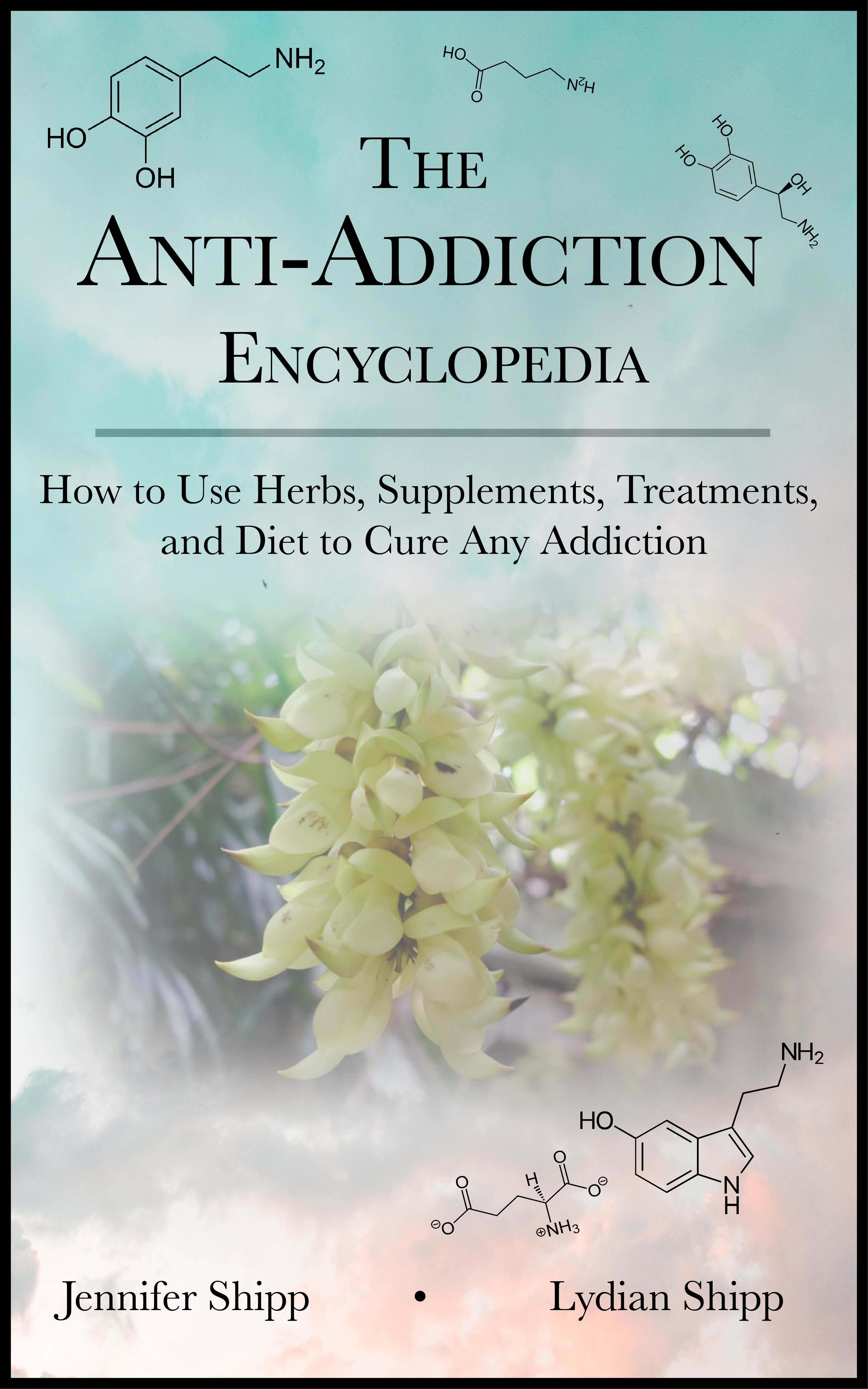How to Cure a Nicotine Addiction Naturally with Herbs and Vitamins

What herbs can help you stop smoking, chewing, or using other nicotine products?
Addiction to nicotine is extremely common, but there are a number of herbal supplements that can help reduce symptoms of withdrawals and detox naturally. These herbs are powerful and this author has experience working with people to overcome addiction to methamphetamines, xanax, sugar, social media addiction, video game addiction, using the Mucuna protocol. Mucuna pruriens is a broadleaf bean that produces high levels of L-Dopa, the precursor that the brain uses to manufacture dopamine. A dopamine deficiency is what ultimately drives all addictive behaviors. So if you want to get control over your life, taking Mucuna pruriens will be a good start.NOTE: Many people, including scientists, get the L-Dopa in Mucuna pruriens confused with the pharmaceutical known as Levodopa. Levodopa (which is also known as L-Dopa--these two words can be used interchangeably in chemistry) used to be synthesized from L-Dopa and the drug worked very well without side effects to treat all kinds of addictions and diseases like Parkinson's. But recently, Big Pharma added the drug carbidopa to the recipe such that the pharmaceutical Levodopa now contains both Levodopa and carbidopa. Unfortunately, carbidopa causes long-term serious side effects. But be aware that taking the Mucuna plant does not cause these same side effects. Indeed all broadleaf beans contain natural L-Dopa that's converted into dopamine in the brain. Mucuna just contains a higher dose of L-Dopa than what you can get from eating other broadleaf beans.
- Mucuna pruriens - Take 6000 mg daily in divided doses to quit smoking naturally. Take 1500 mg in the morning, 1500 mg again at noon, 1500 mg at 3:00 pm, and finally 1500 mg again at 6:00 pm or at bedtime.
The Mucuna pruriens Protocol: Overcome Dementia, Addiction, ADHD, Mood and Mental Health Disorders
- Vitamin B6 - You must take at least 25-40 mg of vitamin B6 daily to be able to convert Mucuna pruriens into dopamine in the brain. This is key to overcoming any addiction. Take 1 dose daily of this liquid vitamin B6 product along with the multivitamin below to fulfill this daily requirement.
- Multivitamin - A good multivitamin is essential in overcoming a nicotine addiction. I recommend Thorne Research brand multivitamins for nicotine addicts.
- Magnesium - Take 400 mg in the morning and 400 mg in the evening before bed to keep your body and your muscles relaxed throughout the detox and withdrawal process.
- Amino Acid supplement - Take 1 dose per day separately from the Mucuna pruriens. Taking this supplement at the same time as the Mucuna could prevent the L-Dopa in Mucuna from passing the blood-brain barrier.
- N-acetyl-cysteine (NAC) - Take 1000 mg every 4 hours. This supplement will help your brain and body rebalance the glutaminergic system so that you don’t feel as much like engaging in addictive behaviors (for example, many nicotine addicts smoke at specific times of the day or in specific situations, and NAC helps reduce cravings that are triggered at these times). NAC also helps thin mucus, and it has become famous for its ability to cure fertility issues in women (because it thins vaginal mucus too) and also its ability to cure COVID.
In addition to the Basic Mucuna Protocol above, you may also want to consider taking the following herbs to quit smoking.
- L-Theanine - Take on an as-needed basis. This is an amino acid found in green tea, and it will help you feel more relaxed and peaceful.
- Black Pepper Essential Oil - Studies have shown that inhaling the fragrance of black pepper essential oil for 2 minutes as needed throughout the day (whenever a craving strikes) can reduce the severity of nicotine cravings.
- 5-HTP - 5-HTP is derived from the plant Griffonia simplicifolia. It helps promote the production of serotonin in the brain. Begin with 100 mg of 5-HTP one time per day and increase the dose by 100 mg per day, starting on the 7 day after you’ve stopped smoking. On the 7th day, take 5-HTP two to four times per day (200-400 mg per day in total). NOTE: Taking 5-HTP while continuing to use nicotine may cause Serotonin Syndrome. Increase to 200 mg per day only after you have been nicotine free for at least 7 days.
- St. John’s Wort - St. John’s Wort can help the body release serotonin more readily and alleviate post-smoking-cessation depression. Begin taking St. John’s Wort on the 7th day after you’ve successfully stopped taking nicotine.
Other herbs for smoking cessation are listed below. Lobelia is worth mentioning because many people have used it successfully to quit smoking, but it is more dangerous than Cystine. In reality, neither of these two herbs are necessary to overcome nicotine addiction unless you have an especially difficult case. But just remember these herbs if you find yourself in a cycle of relapsing and consider adding them into your protocol to overcome nicotine cravings, if necessary:
- Lobelia inflata / Lobelia - This herb has been shown to reduce the effects of nicotine withdrawals, but some who take it experience nausea and vomiting as a side effect. L. inflata contains alkaloids that have effects that are similar to those of nicotine, but it’s central nervous system activity is different than that of nicotine. Lobelia is less safe than Cytisine (see below) as an anti-nicotine treatment.
- Cytisus laburnum (also known as the golden rain tree) - The drug Cytisine was derived from Cytisus laburnum. The Cytisine in Cytisus laburnum is as effective as the nicotine patch according to scientific research. It works in the body by pretending to be nicotine and by interacting with exactly the same receptors that are normally affected by nicotine. Cytisus laburnum works in a manner similar to the drug Chantix, and has been in use as a smoking cessation tool since World War II when there was a shortage of tobacco and soldiers smoked this plant instead. At that time, Cytisus laburnum was known as false tobacco. Take the Cytisine daily in diminishing doses for 25 days.
Glucose pills a can help you get control over your "smoking triggers", but you may find that you don't need them if you religiously take Mucuna according to the schedule we suggest above. Mucuna can also be used to overcome a sugar addiction.
- Glucose pills - Oral dextrose (glucose) pills have been scientifically proven as an extremely affordable smoking cessation aid. Scientists believe that the pills work because smokers often find that taking even a small hit of nicotine reduces hunger. This leads smokers to pair hunger with a craving for cigarettes. The glucose pills work by rapidly increasing blood glucose levels to reduce hunger quickly in a manner similar to how a hit of nicotine can reduce hunger.
Below are some other supportive supplements to help you enhance your health as you quit smoking permanently.
- Phosphatidylcholine - Cigarette smoke decreases levels of phosphatidylcholine. Taking a phosphatidylcholine supplement has been shown to significantly lower the risk of developing lung cancer from cigarette smoking.
- Betaine HCl - Taking betaine supplements can also reduce the risk of developing lung cancer from cigarette smoke.
- L-Tryptophan - Take 1000 mg at night 1 hour before bed.
- Melatonin - Take a 3-10 mg extended release supplement before bed. Do not turn on the lights or expose yourself to light from electronic devices after taking melatonin for best results.
An addiction to nicotine is complex. It begins with the upregulation and then desensitization of the Nicotinic Acetylcholine Receptors. Upregulation and desensitization are polar opposites and they don’t typically occur together at the same time, but through the process of upregulation and then desensitization, the dopaminergic system becomes involved in a nicotine addiction, necessitating the use of Mucuna pruriens to overcome the addictive cycle.
Nicotine addicts can smoke or chew or use other nicotine-containing substances without being socially ostracized. This adds to the complexity of a nicotine addiction. In fact, many smokers spend time with other smokers in designated “smoking areas” which can reinforce the addiction. To combat the social support for nicotine addiction, it can help to simultaneously seek out hypnotherapy, sacred indigenous medicines like Ayahuasca, or acupuncture (particularly auricular acupuncture.

Related Posts: https://alivenhealthy.com/2021/09/22/how-to-stop-an-addiction-to-sugar-sugar-addiction-help-for-people-who-have-tried-it-all/ https://alivenhealthy.com/2021/09/05/covid-19-and-the-delta-variant-at-home-treatment-and-natural-cures/ https://alivenhealthy.com/2019/05/13/vitamin-b17-laetrile-amygdalin/ https://alivenhealthy.com/2021/09/24/how-to-stop-benzodiazepines/ https://alivenhealthy.com/2021/09/22/how-to-stop-steroid-cream-addiction-and-anabolic-steroid-withdrawal/ https://alivenhealthy.com/2021/06/17/anti-addiction-herbs-and-plant-medicines/
Resources:















